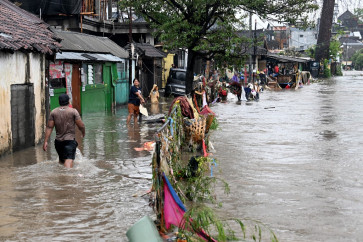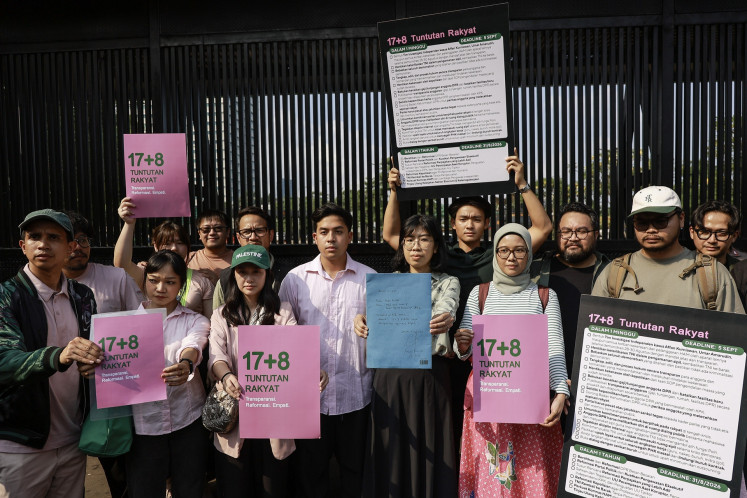Popular Reads
Top Results
Can't find what you're looking for?
View all search resultsPopular Reads
Top Results
Can't find what you're looking for?
View all search resultsWhat to know about hyperglycemia
Change text size
Gift Premium Articles
to Anyone
W
hen you have diabetes, your blood sugar level is higher than normal. Untreated hyperglycemia can lead to serious health problems like heart disease, stroke or even death.
What is hyperglycemia?
Hyperglycemia, also known as high blood sugar or high blood glucose, is a condition in which the level of sugar in your blood rises above around 160mg/dL. The exact threshold is different from person to person; you should consult your doctor to establish your healthy target before and after meals.
What causes hyperglycemia?
Hyperglycemia can occur in people with diabetes. Your body releases a hormone named insulin to control the blood sugar level. When you have diabetes, your body cannot produce enough insulin, or the insulin is not used the right way. Sugar will build up in your bloodstream, causing high blood sugar levels.
Here are some factors that increase your risk:
- Eating too much food, especially food containing too many carbohydrates, because when your body does not have enough insulin or cannot use it, the extra sugar can cause the levels to rise.
- Doing too little exercise or physical activity that can reduce the amount of glucose in your blood and help insulin work more effectively.
- Skipping or not using enough insulin supplement.
(Read also: Study backs pancreas cell transplants for severe diabetes)
The symptoms of hyperglycemia include: Thirst, a dry mouth and throat, tiredness and unexplained weight loss.
What are complications?
Untreated hyperglycemia can lead to serious complications: stroke, kidney disease, heart disease, blindness, loss of body parts like feet, fingers or toes and infections.
What should you do?
If your blood sugar level is higher than normal, it is important to get treatment as soon as possible. Here are some recommendations for when this situation occurs:
- Drink a lot of water. Seventy-five percent of your body is water. Thus, water is generally good for your health. Drinking water help you stay hydrated. You should drink at least eight glasses (two liters) a day.
- If your blood sugar level is very high and you are using insulin, you should talk with your doctor to determine what should be done.
- When you have a high blood sugar level, be sure to know about the risk factors and the causes. Once you know these things, try to avoid or correct them. Discuss with your health care provider what to do.
- You should have a kit to check your blood sugar level at home and be sure how to use it. You should check your blood sugar level before meals.
- If the results of your regular checks are higher than your target, talk to your doctor to change the dose or find the causes.
Hyperglycemia occurs in people living with diabetes. Although untreated hyperglycemia can lead to severe health problems like heart or kidney disease or even death, you can take steps to have a healthy and long life. (kes)












